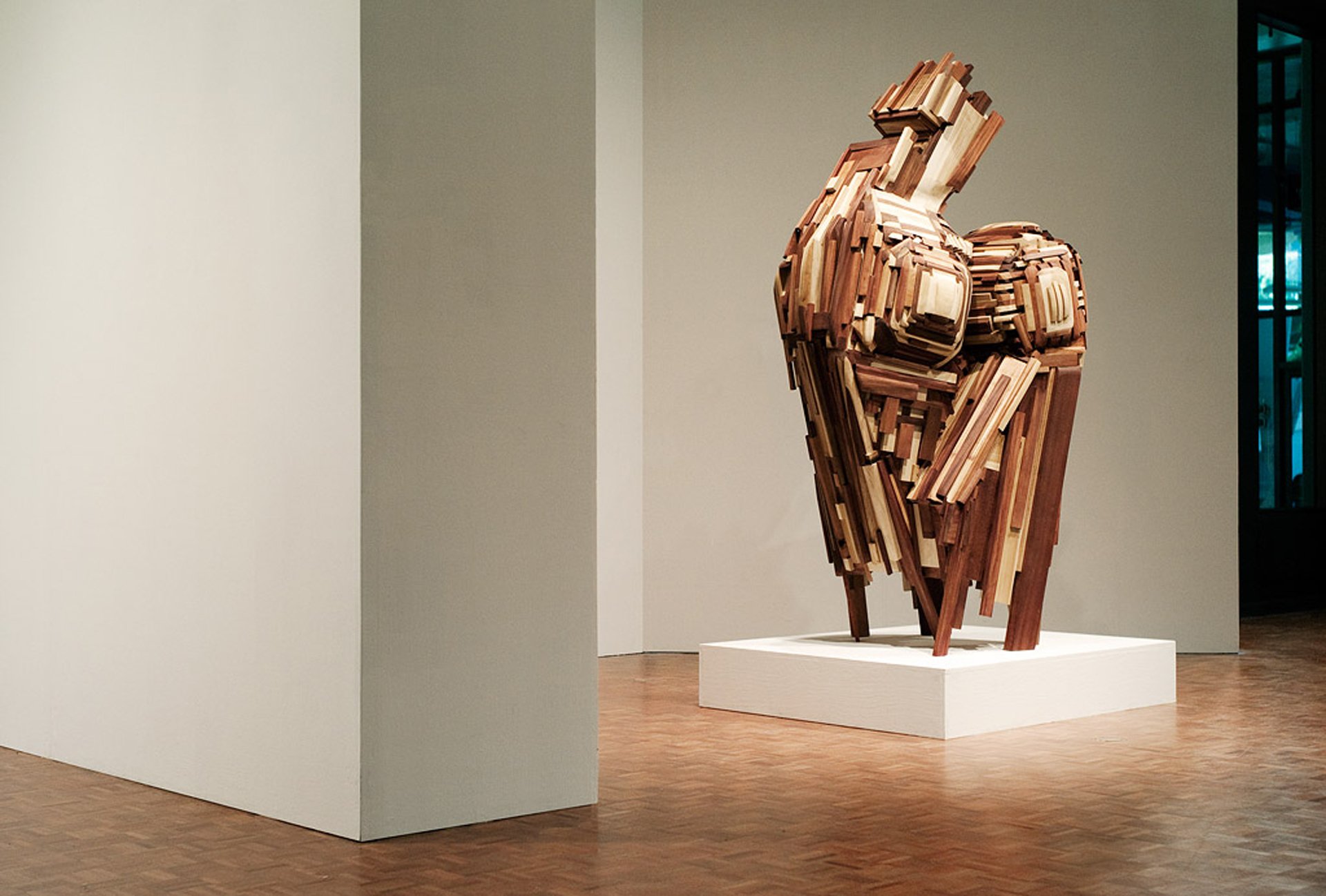COMFORT
Beginning in 1932 and lasting until 1945, the Japanese government’s notorious systematized sex trafficking scheme involved women, girls and boys from throughout the Japanese empire. Scholars believe the system ensnared 200,000 victims, although estimates vary from 20,000 to nearly 500,000.
However, it is not the numbers that continue to teach us. The history happened, and we learn from the ways in which Japanese state apparatuses functioned, often in conjunction with one another, to organize the system. The best current research is being done in China through collaborative efforts with scholars there working with colleagues in Japan (such as Etsuro Totsuka and the Tokyo-based Women’s Active Museum on War and Peace’s Mina Watanabe), South Korea, Taiwan, Australia, Germany, the United States and beyond. In short, an international effort to understand and analyze this past has been at work since the early 1990s, and it is important to recognize up front this issue as a global history and phenomenon.
The truth of the “comfort women” history is not the issue at hand. Nevertheless, Holocaust-like denialism continues to attack this history and labels victims “liars” or “money grabbers” and whitewashes most evidence as “fake” despite abundant academic and juridical peer-reviewed material as well as governmentally published documentation that verifies the litany of horrors during this shameful episode. Additionally, there are significant multinational, multiethnic survivor testimonies, and the few living survivors are still sufficiently strong and tell their stories as well as their ongoing struggles. In the mix, a vicious cycle of blame and recrimination remains on all sides, which, in turn, continues to harm the few survivors of a history that ranks at the top of the 20th century’s instances of wartime state-sponsored militarized sex trafficking.
For those new to the issue of South Korea-Japan tensions — and especially those working on policies to improve regional relations — it is important to understand that Washington has been, and continues to be, very much in the middle of multiple attempts to unravel disputes between Tokyo and Seoul. To be clear: This does not mean that the United States is responsible for creating the histories involved. Yet, Washington policymakers and practitioners continue to play a central role, which is why deniers and advocates alike want Washington to take clearer positions for their position’s respective gain. As a result, it has never been more important for U.S. government practitioners to understand three key, yet often obfuscated, pieces of the “comfort women” history in particular.













